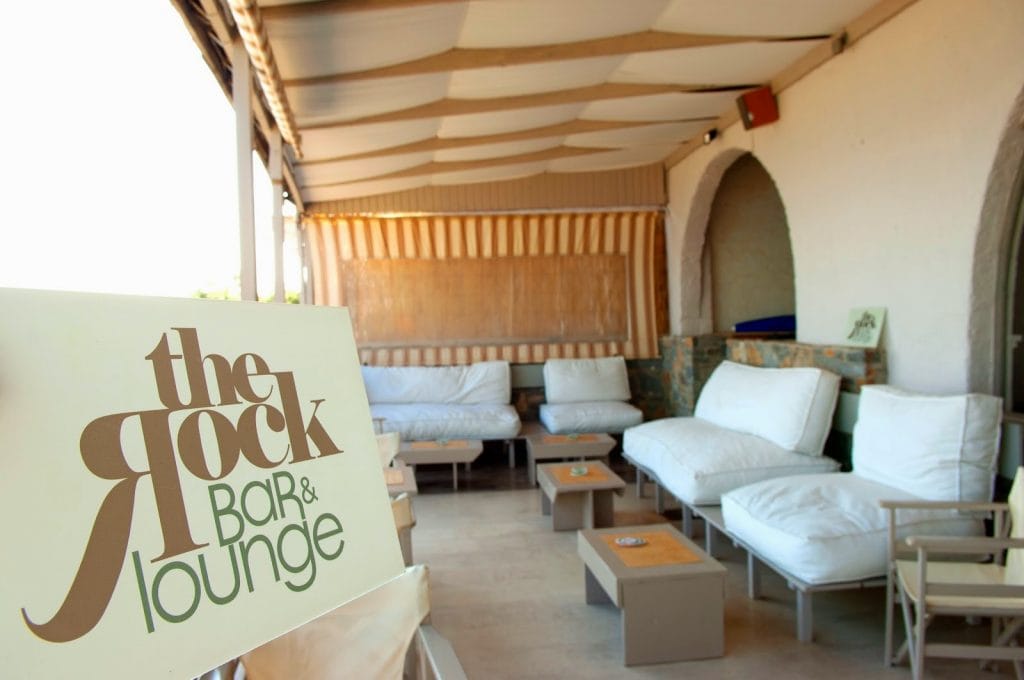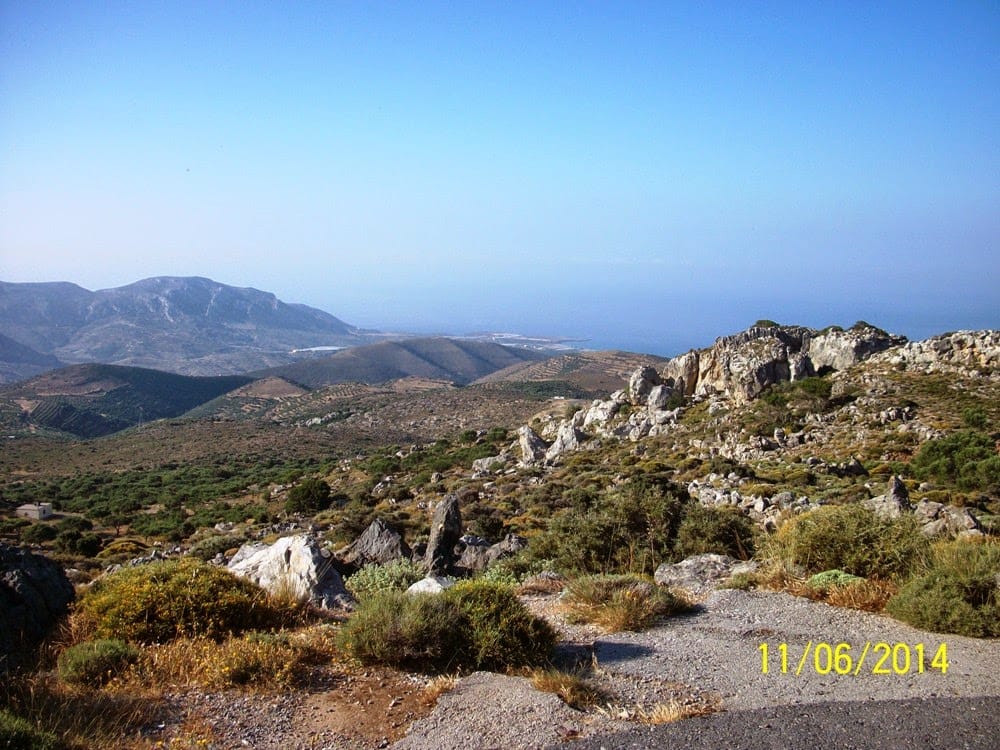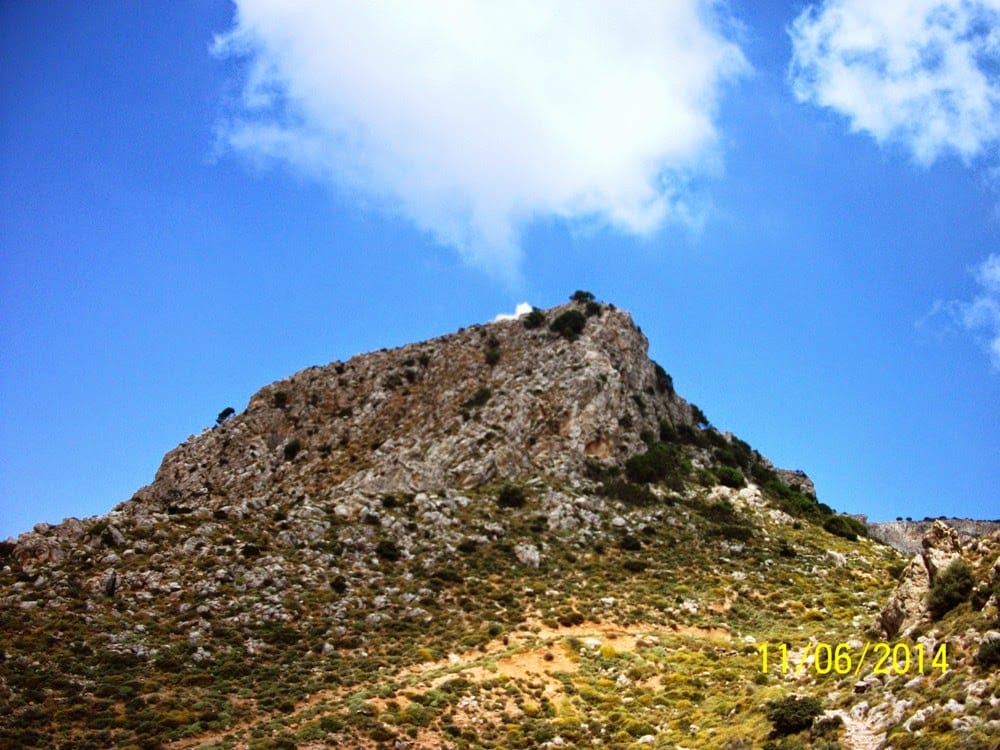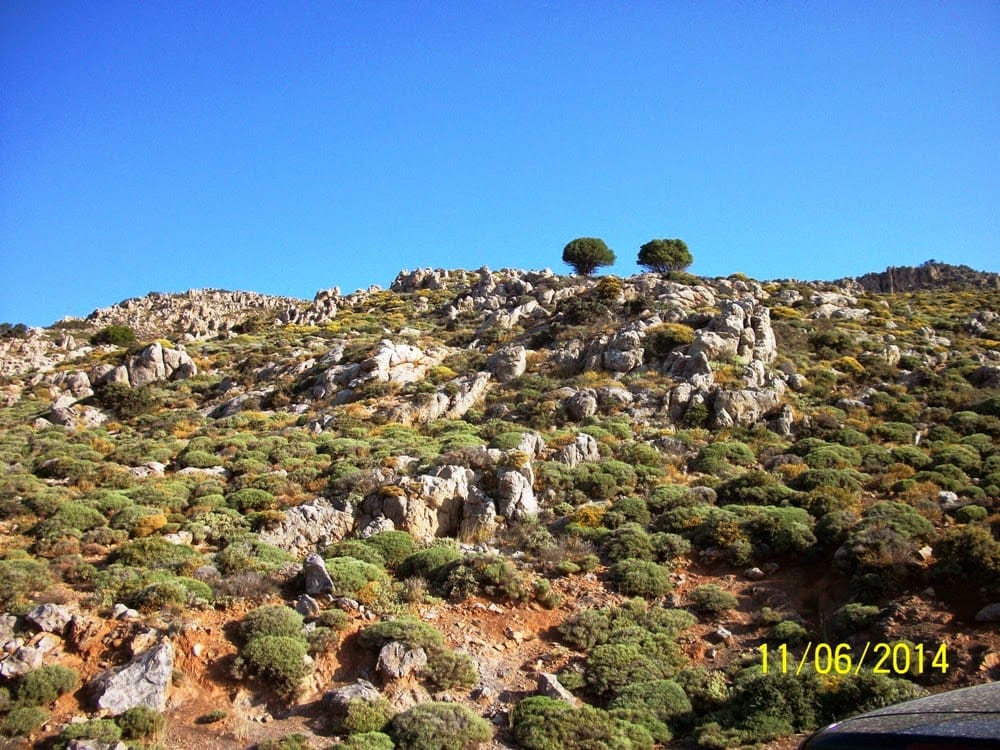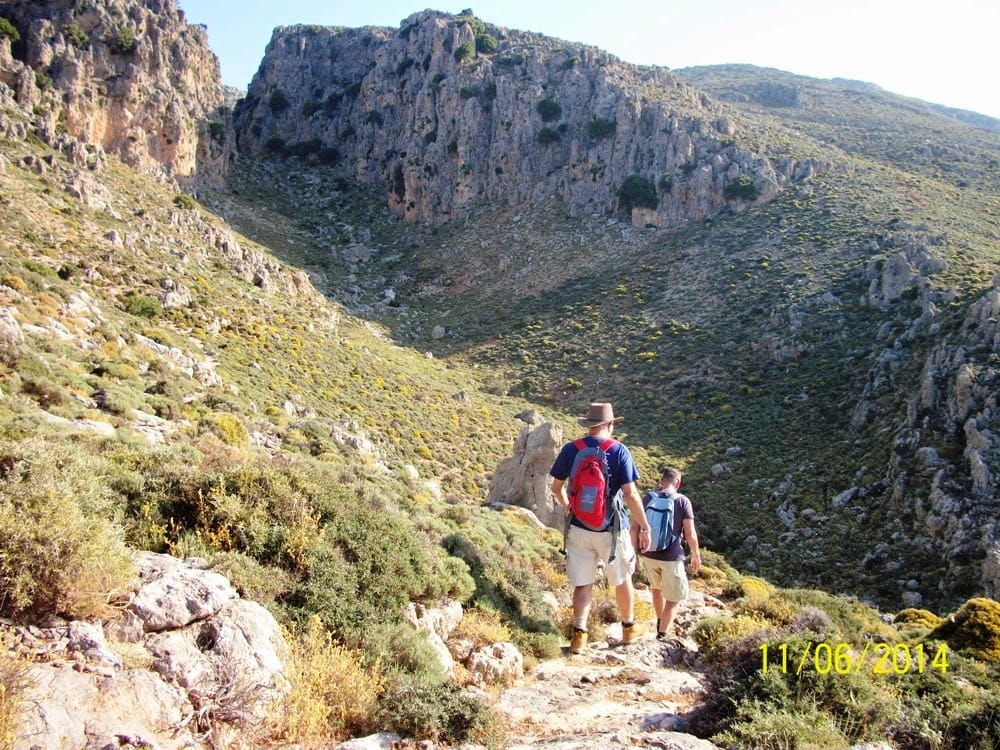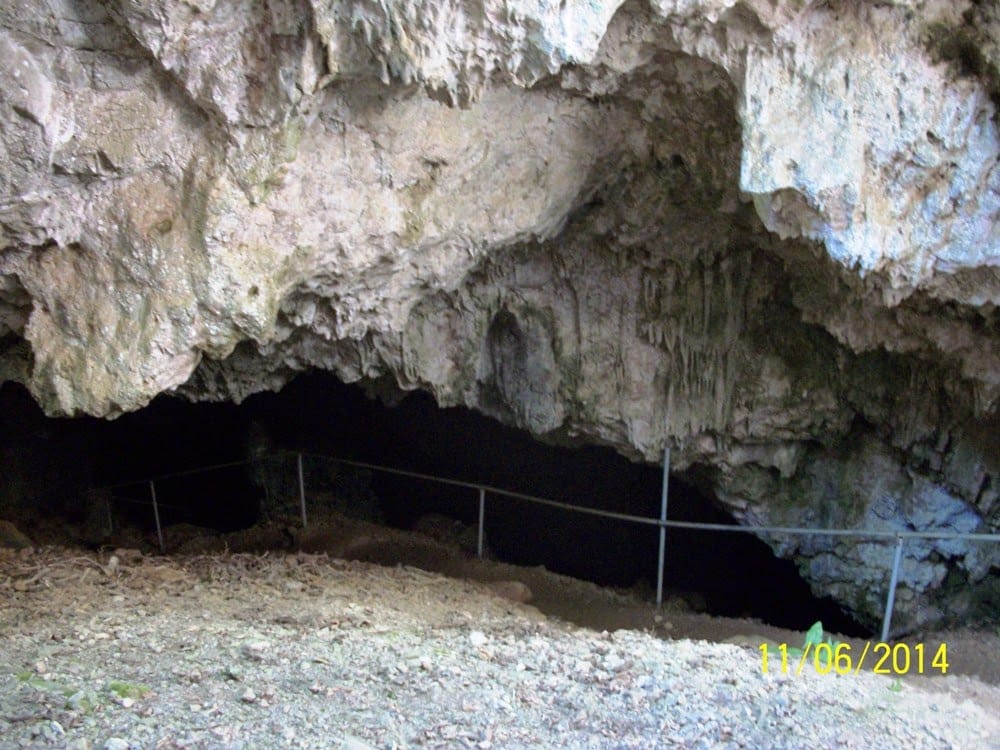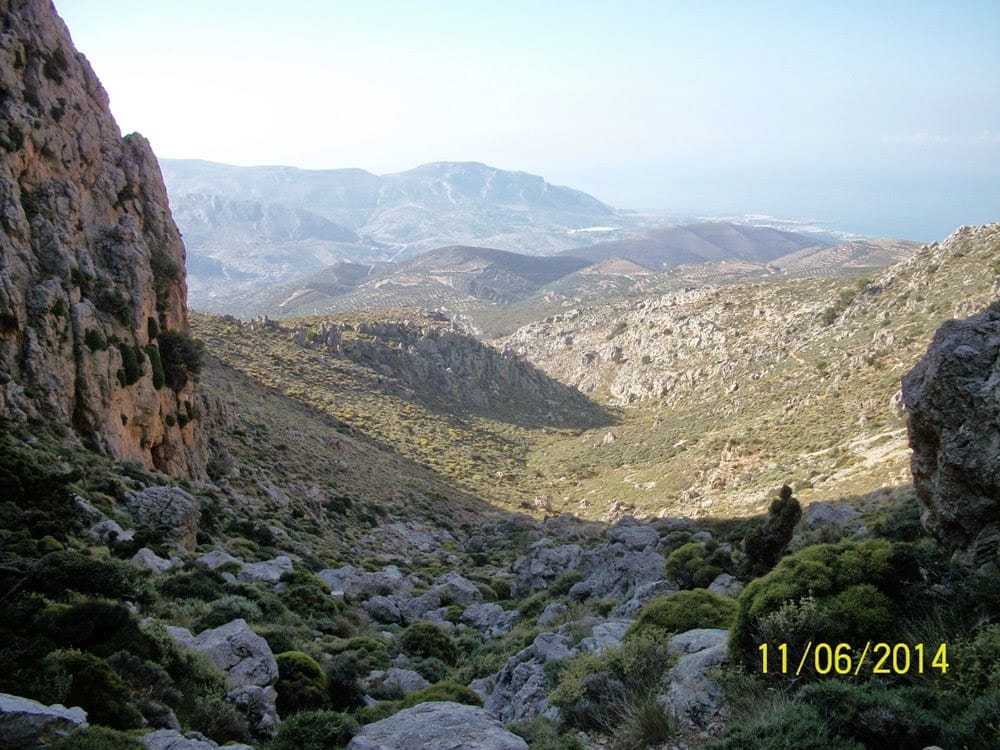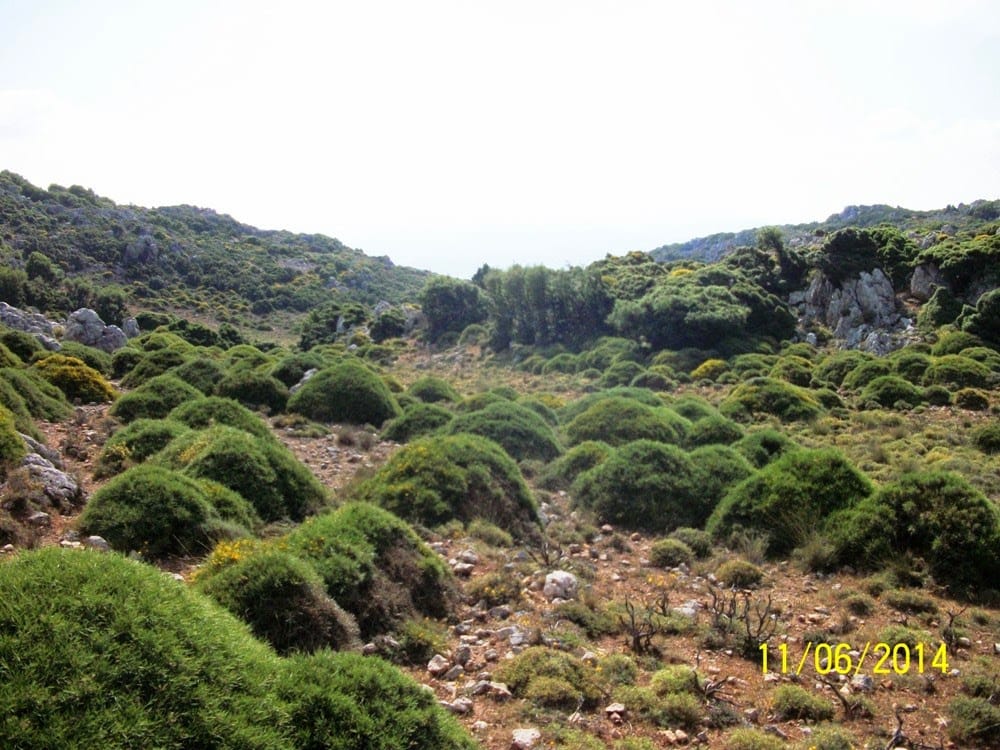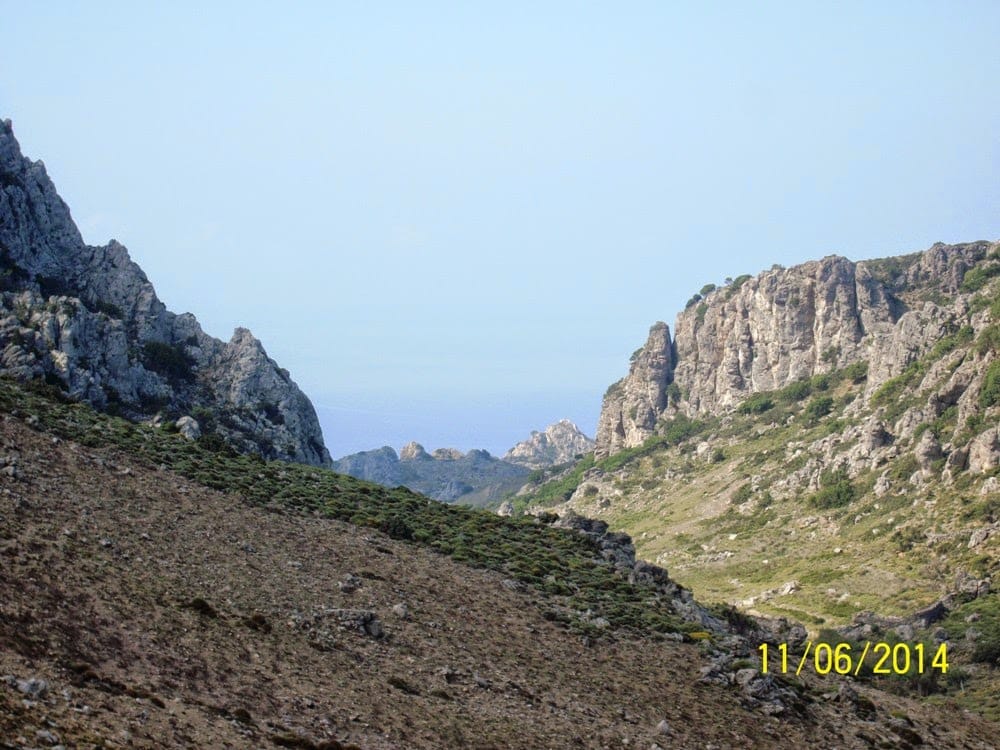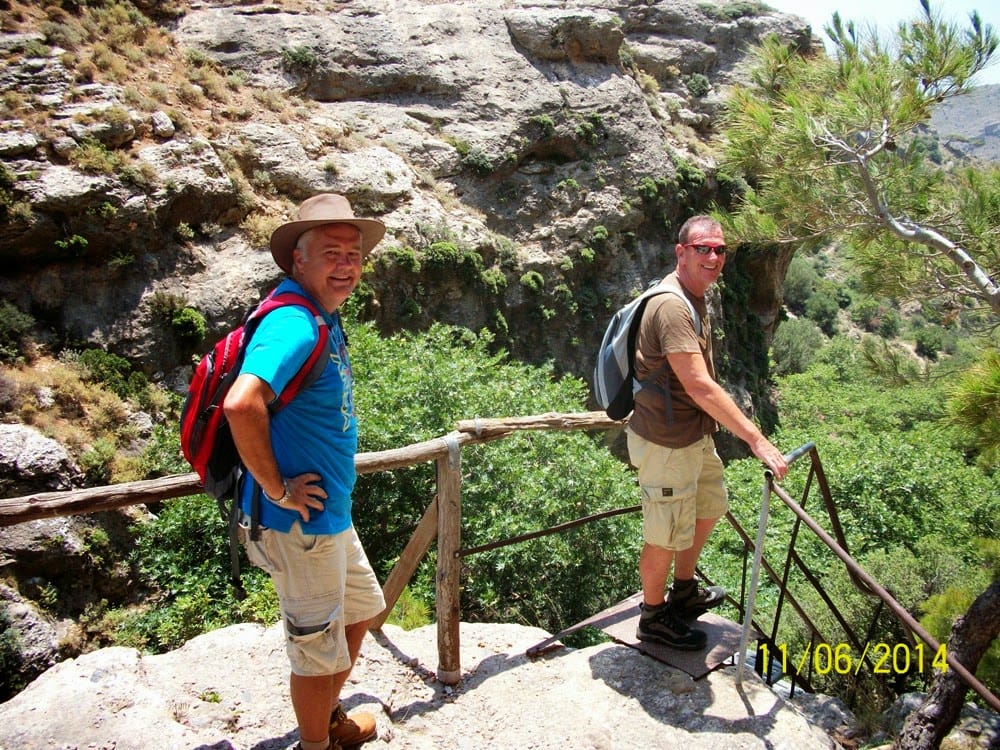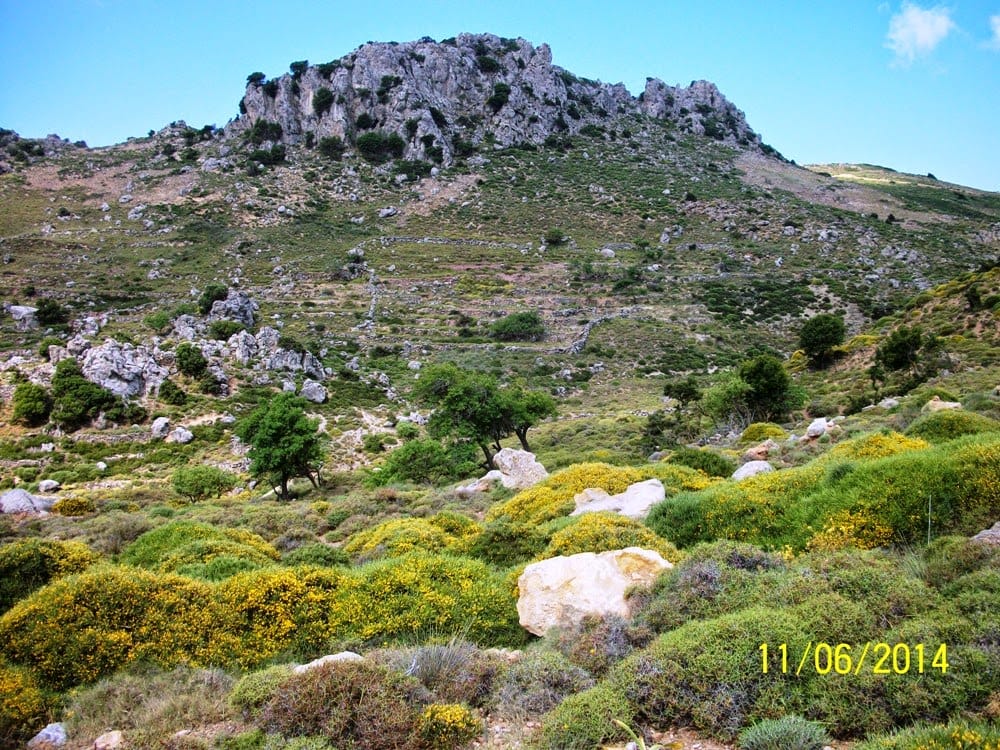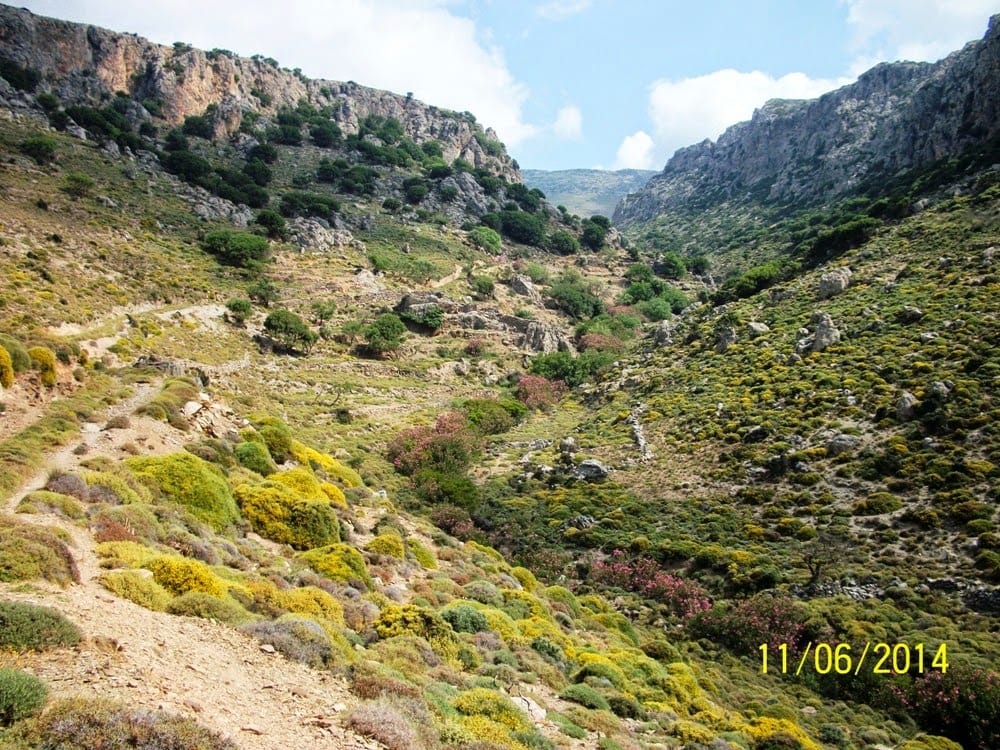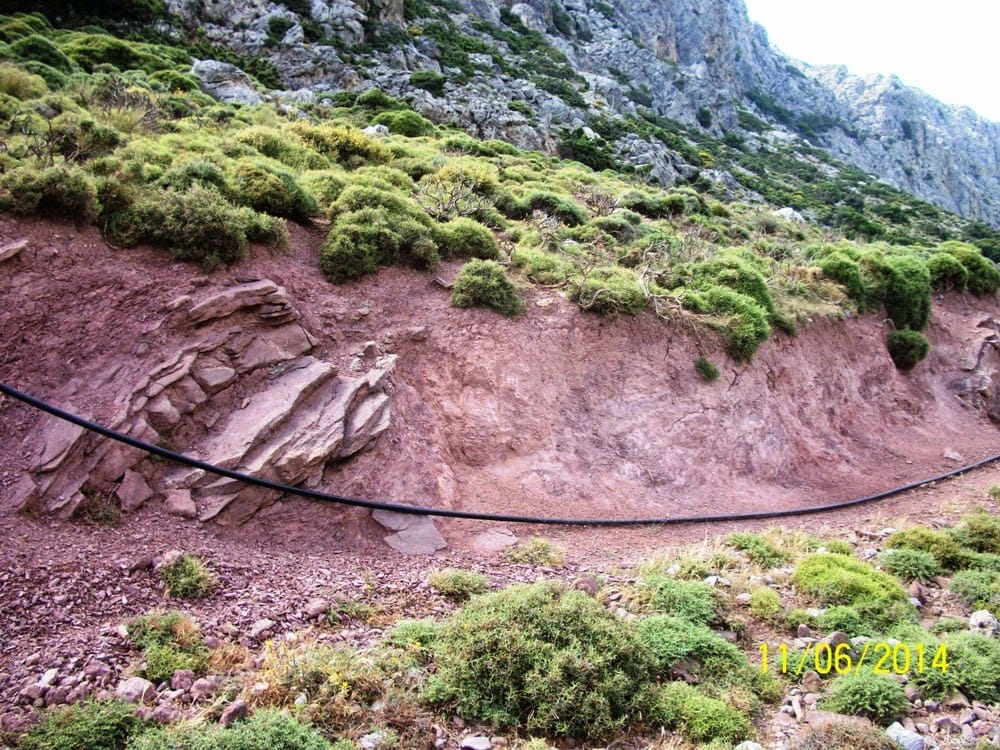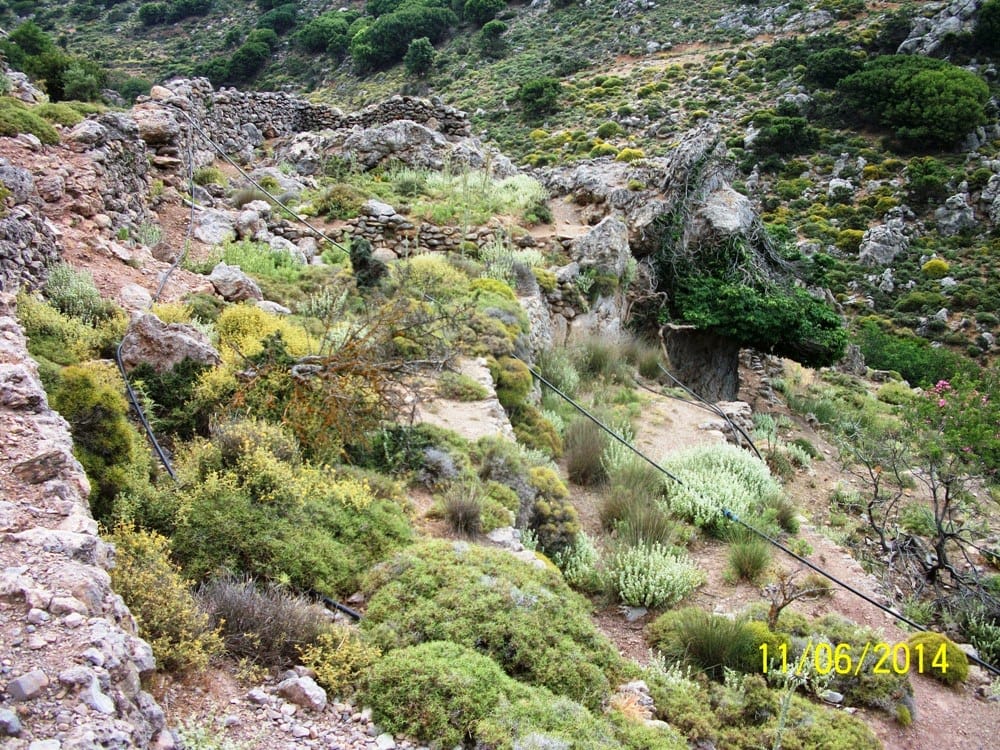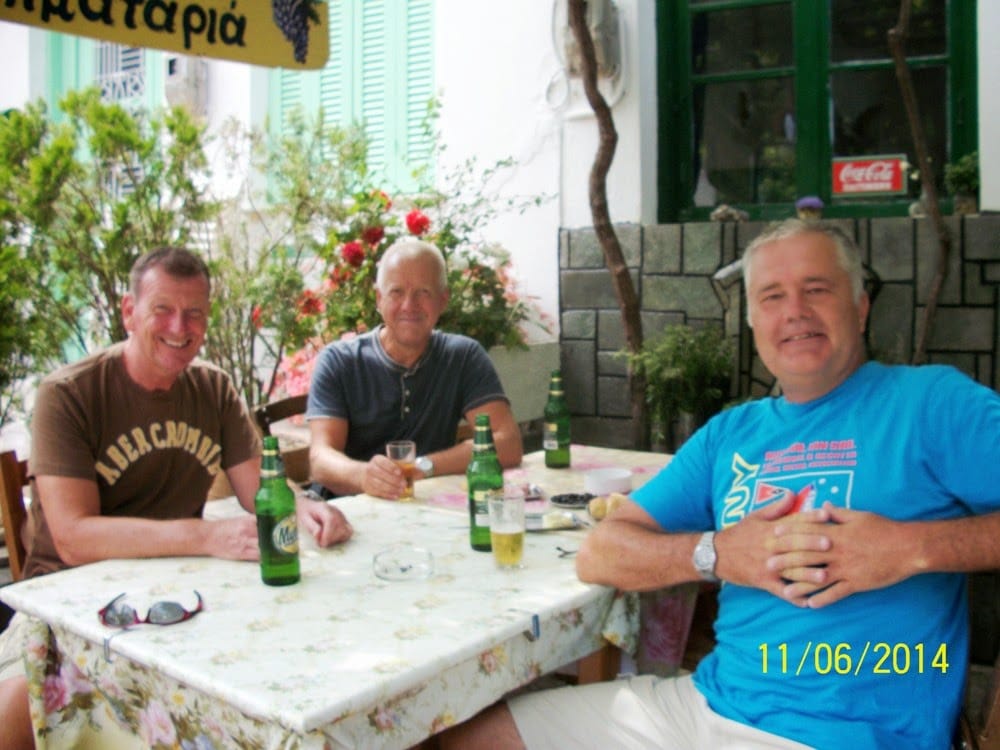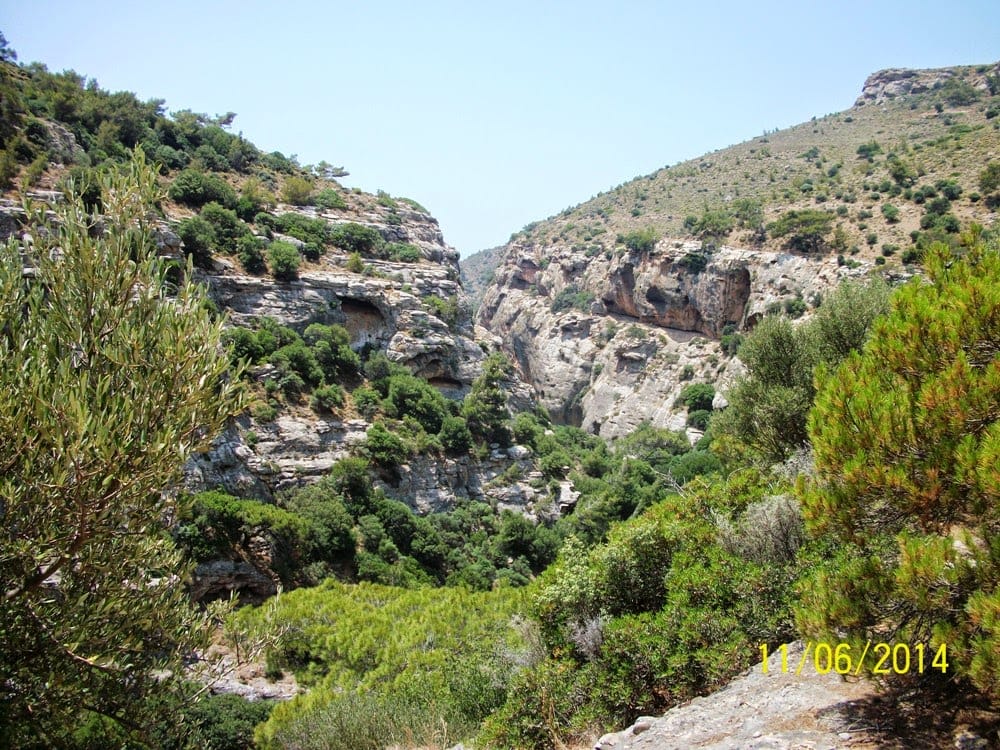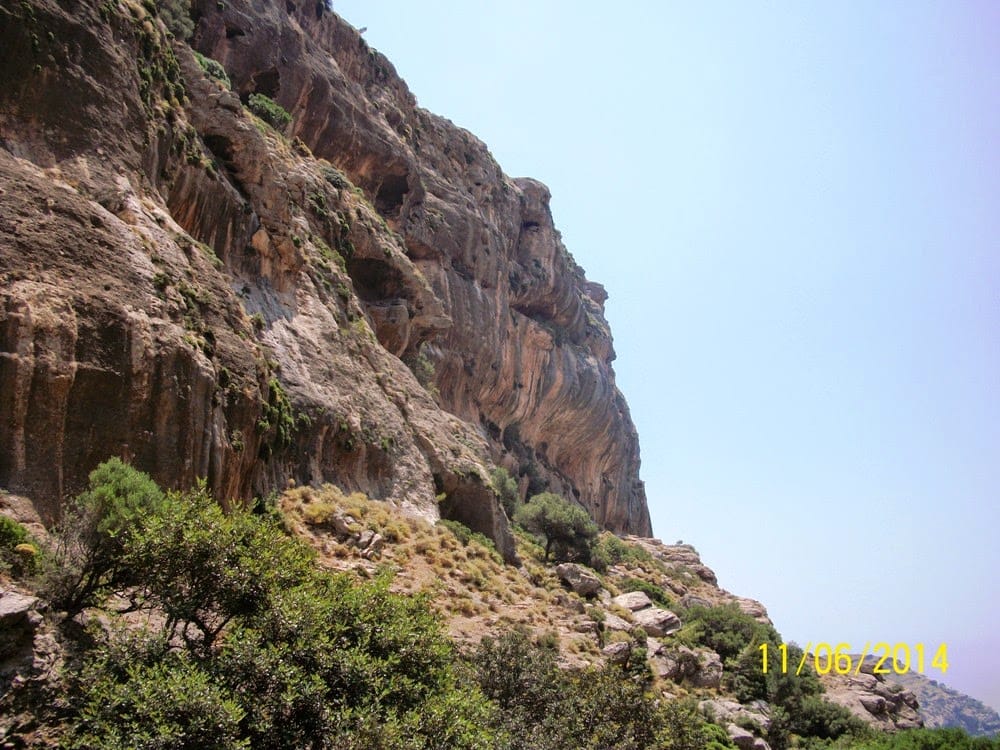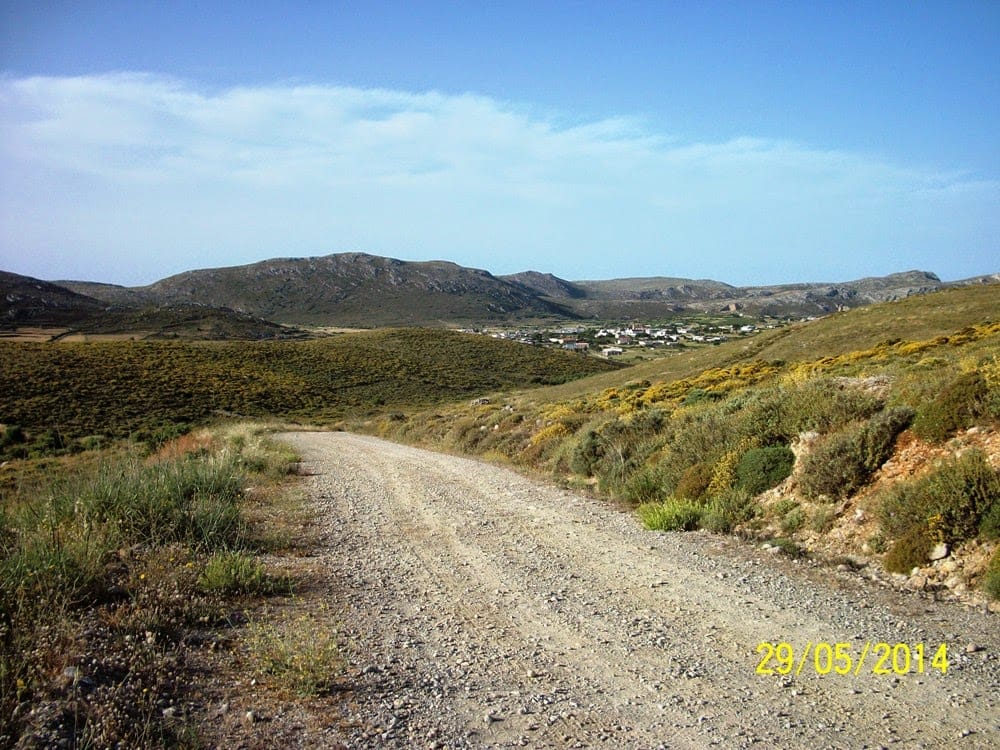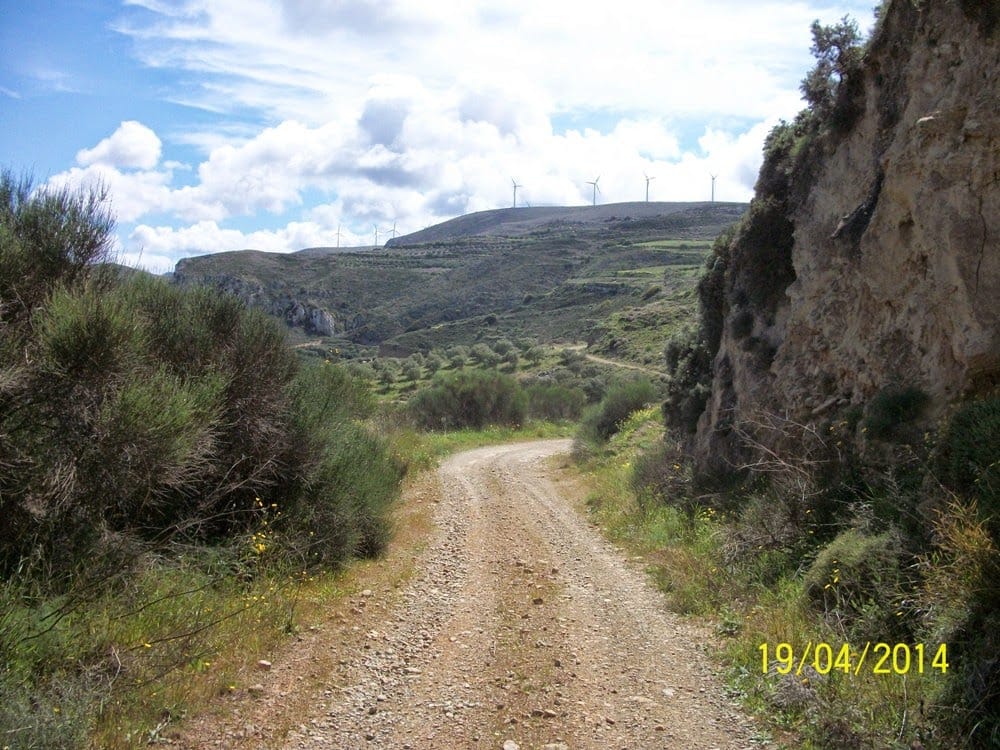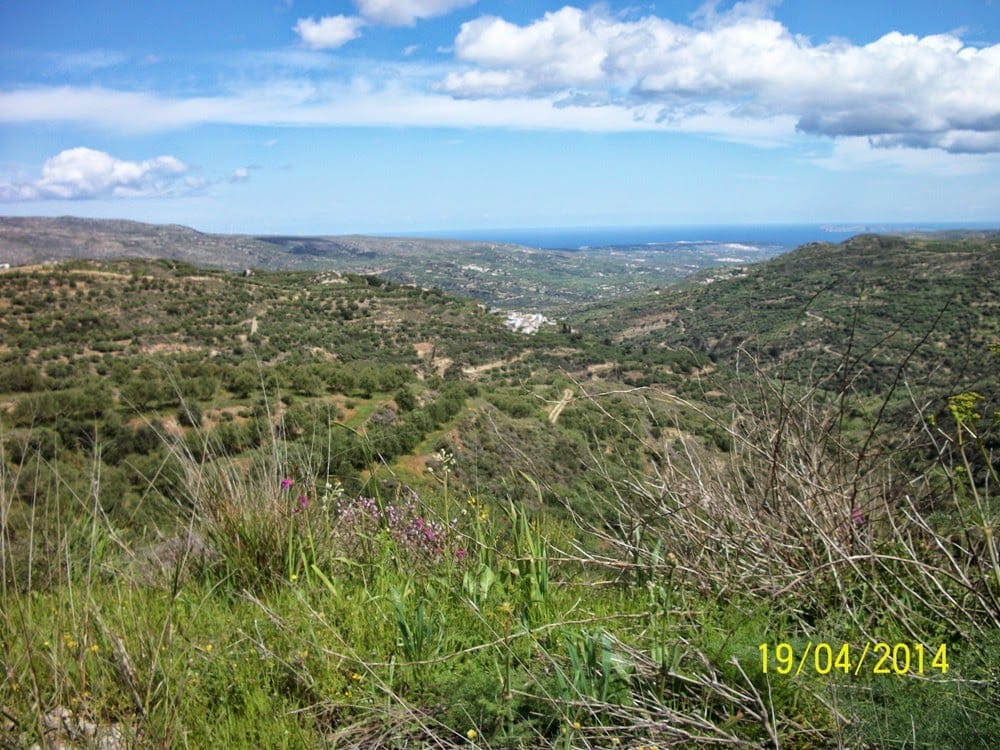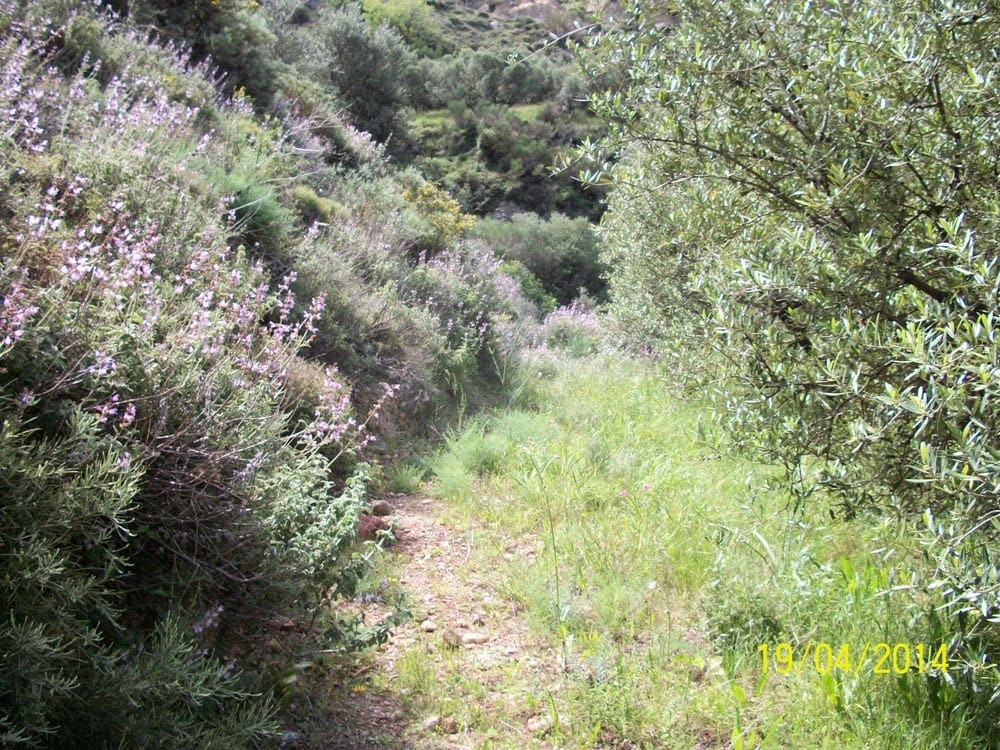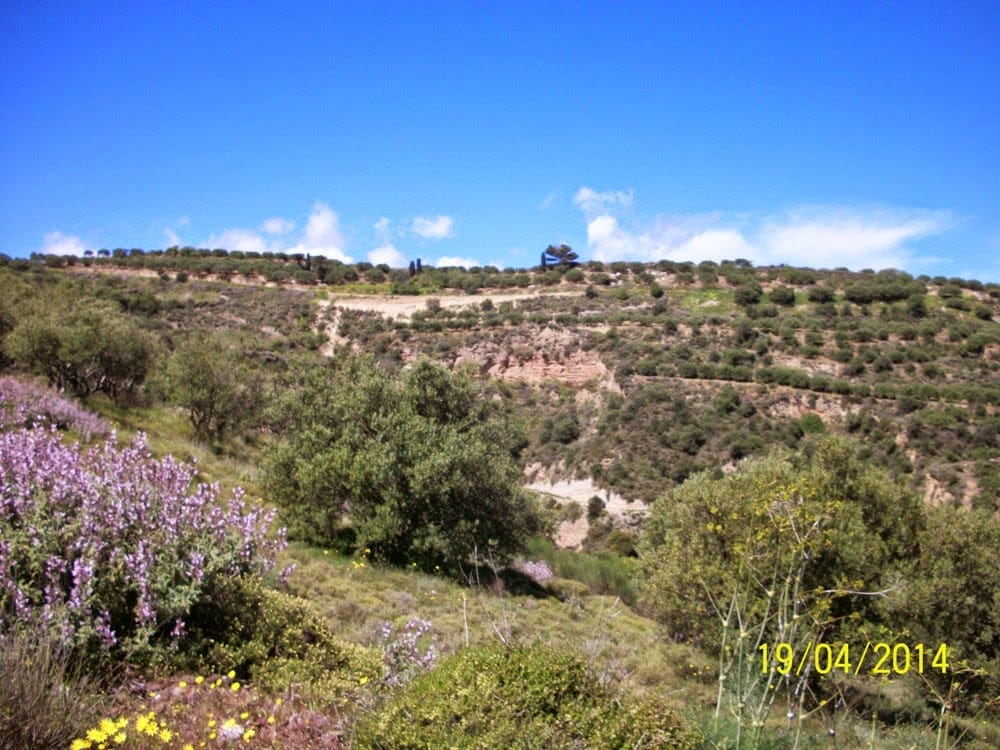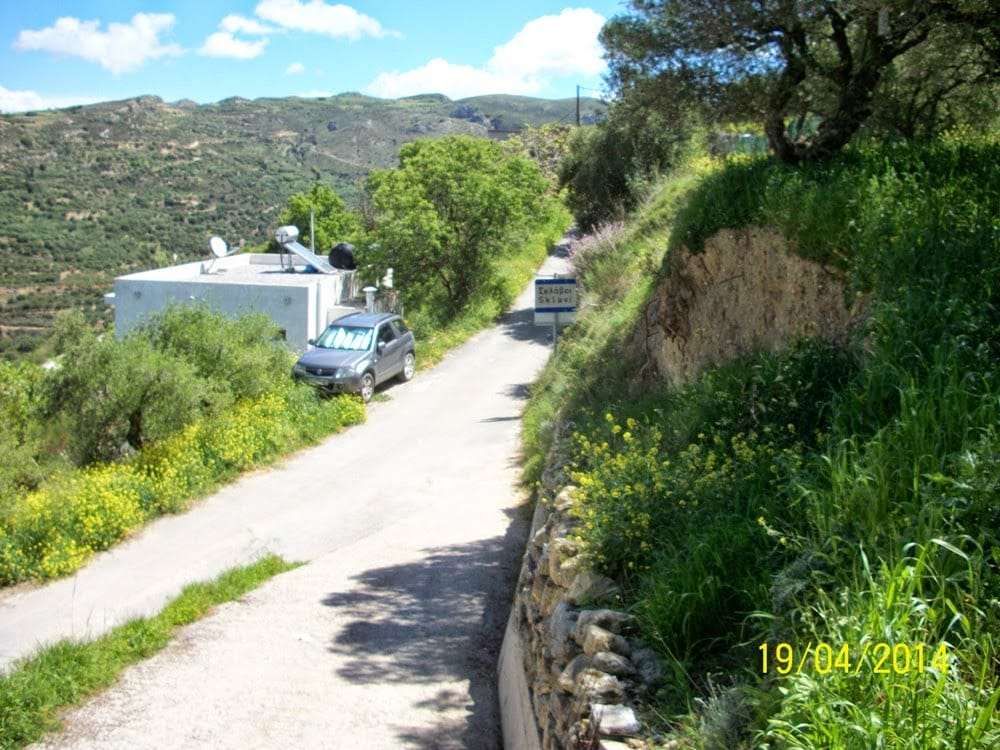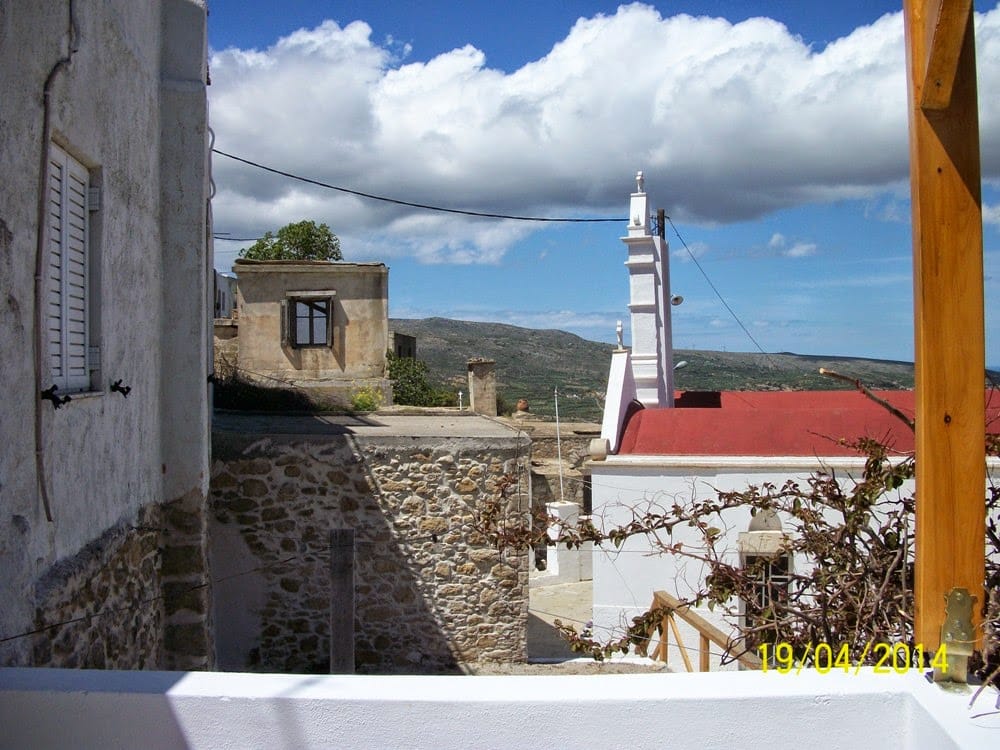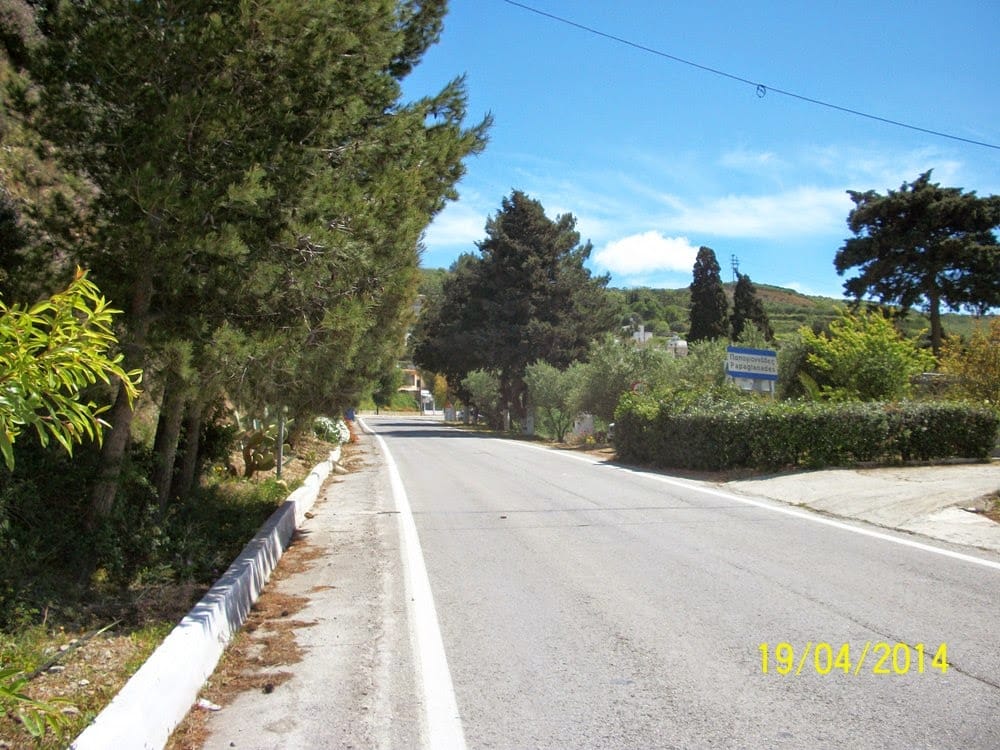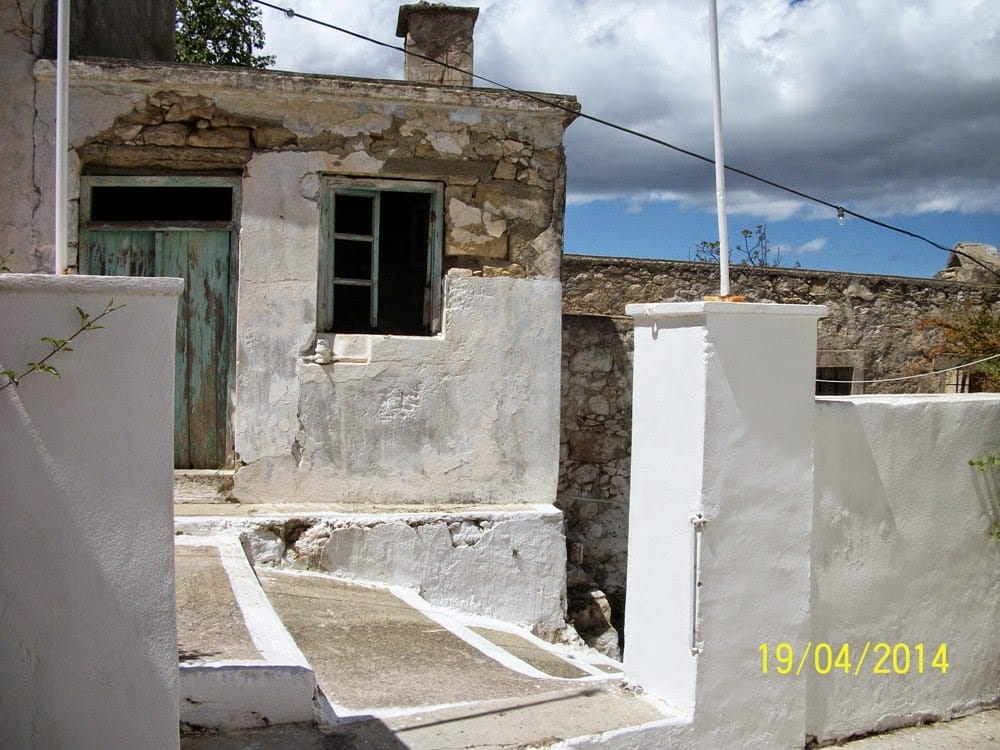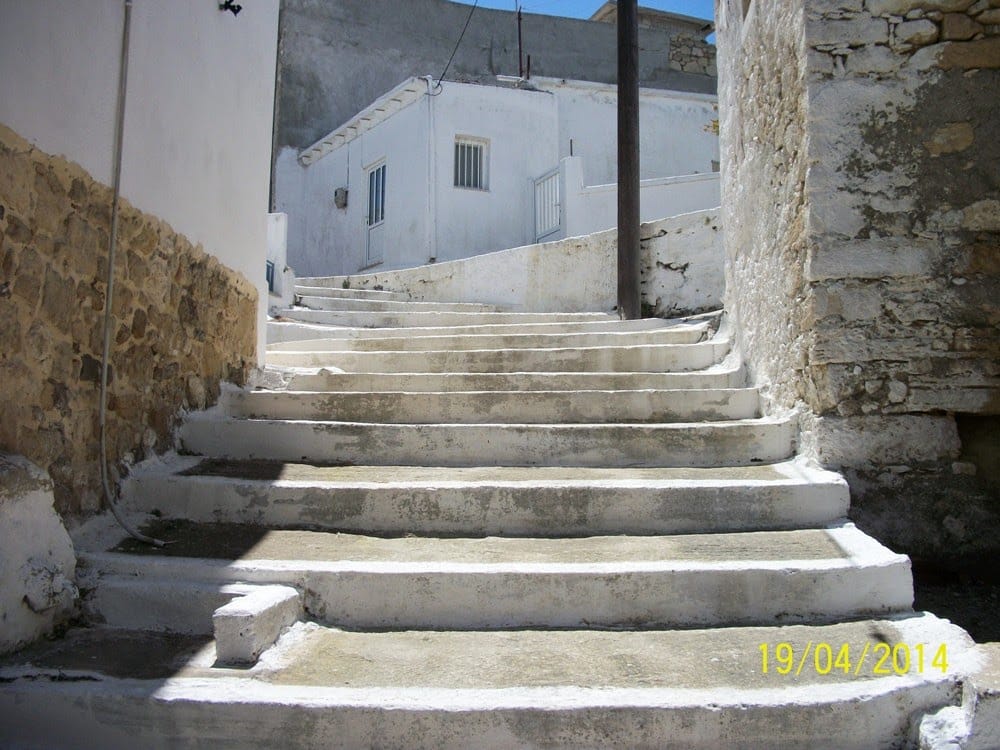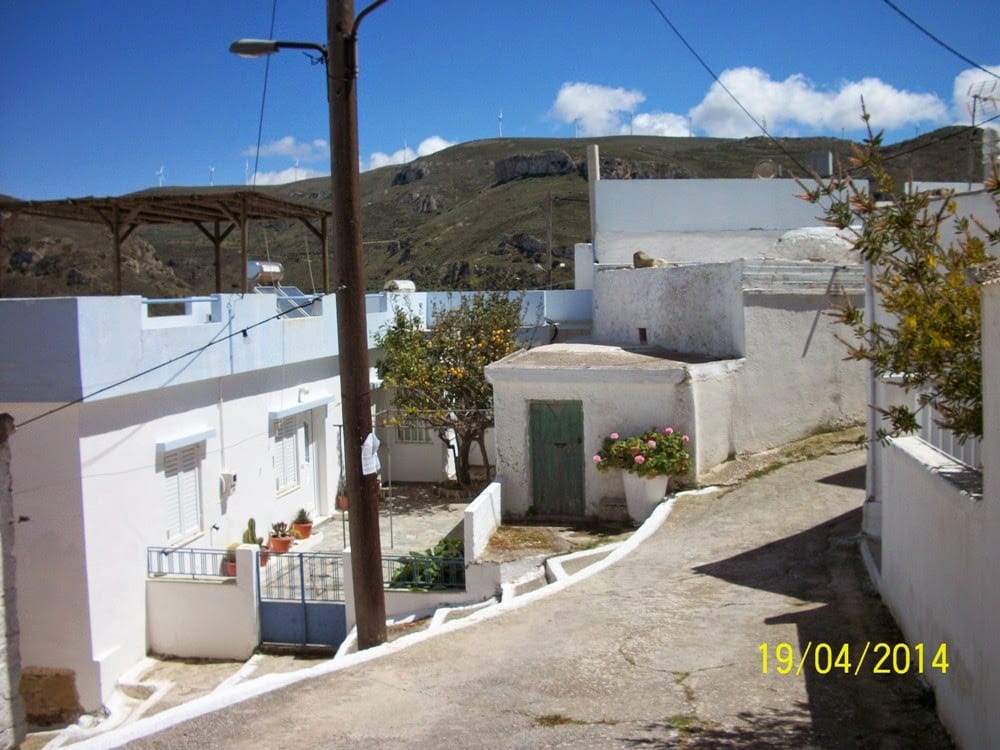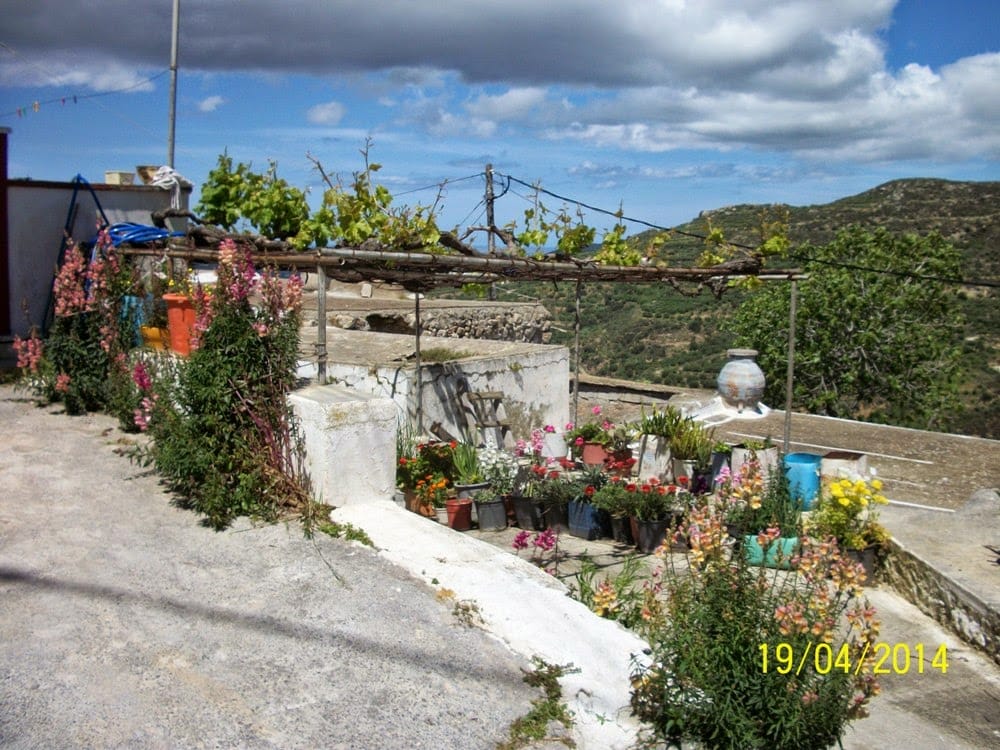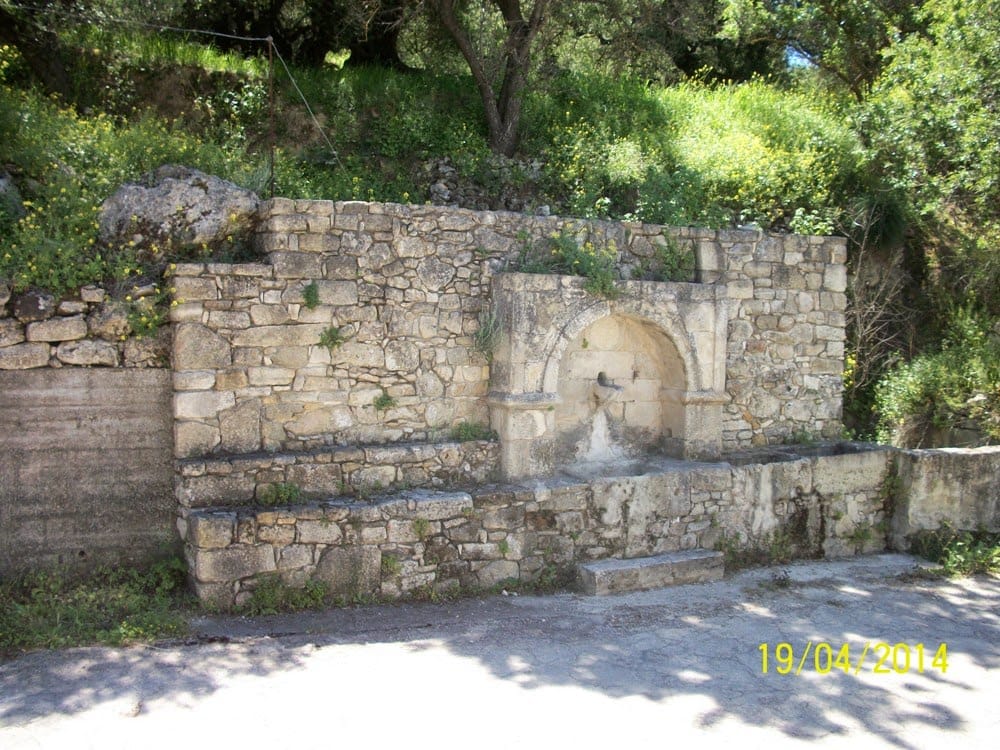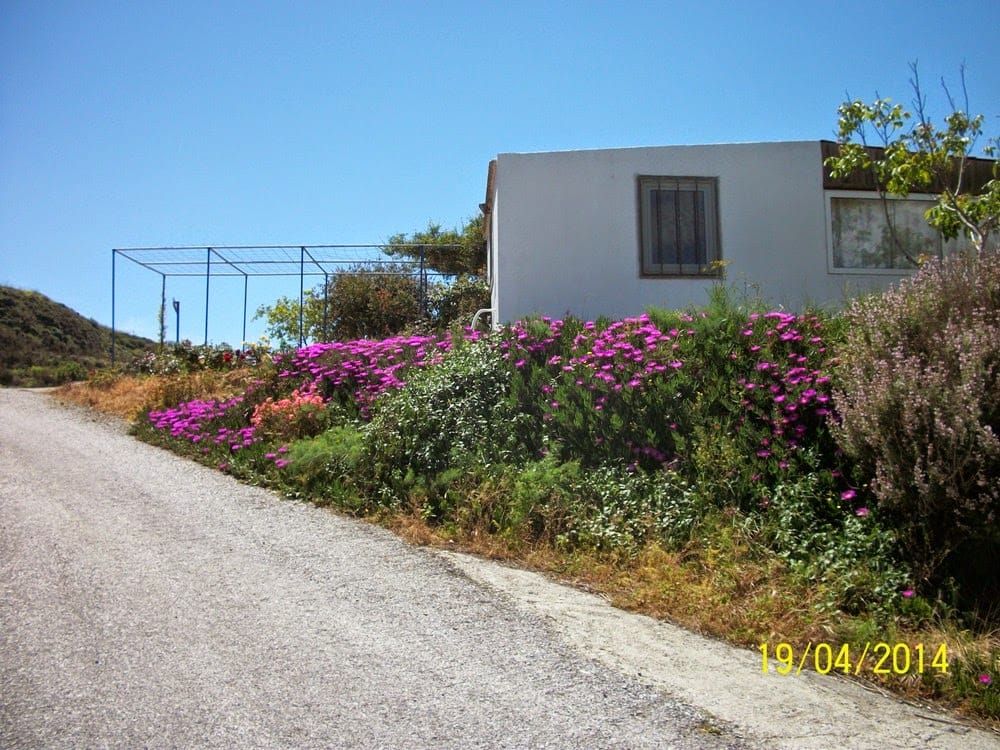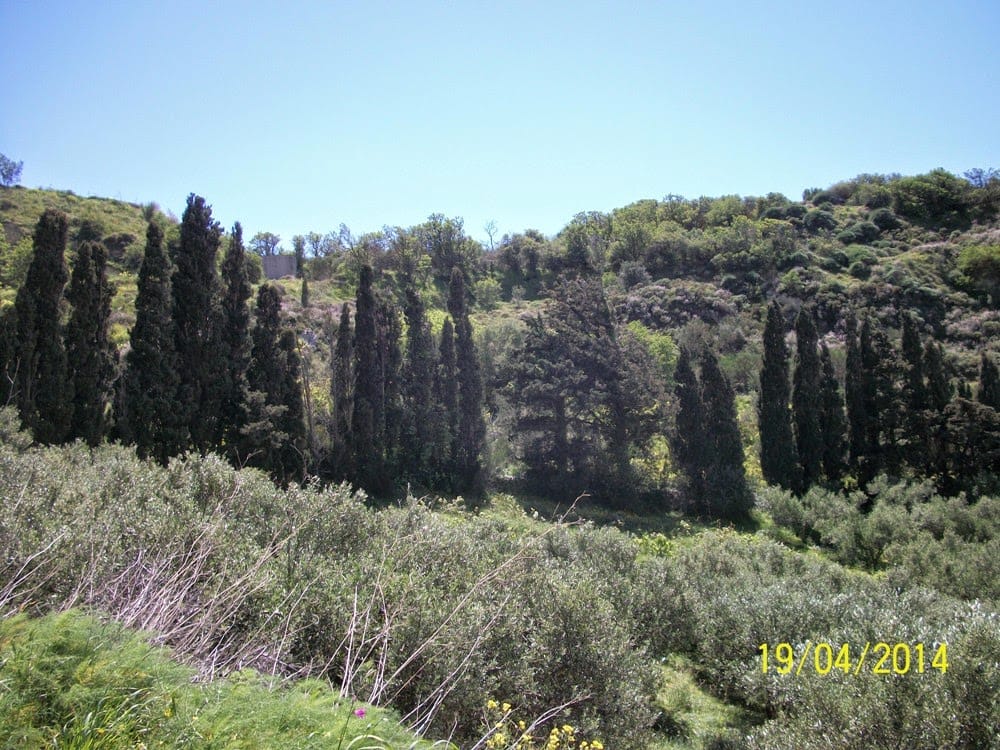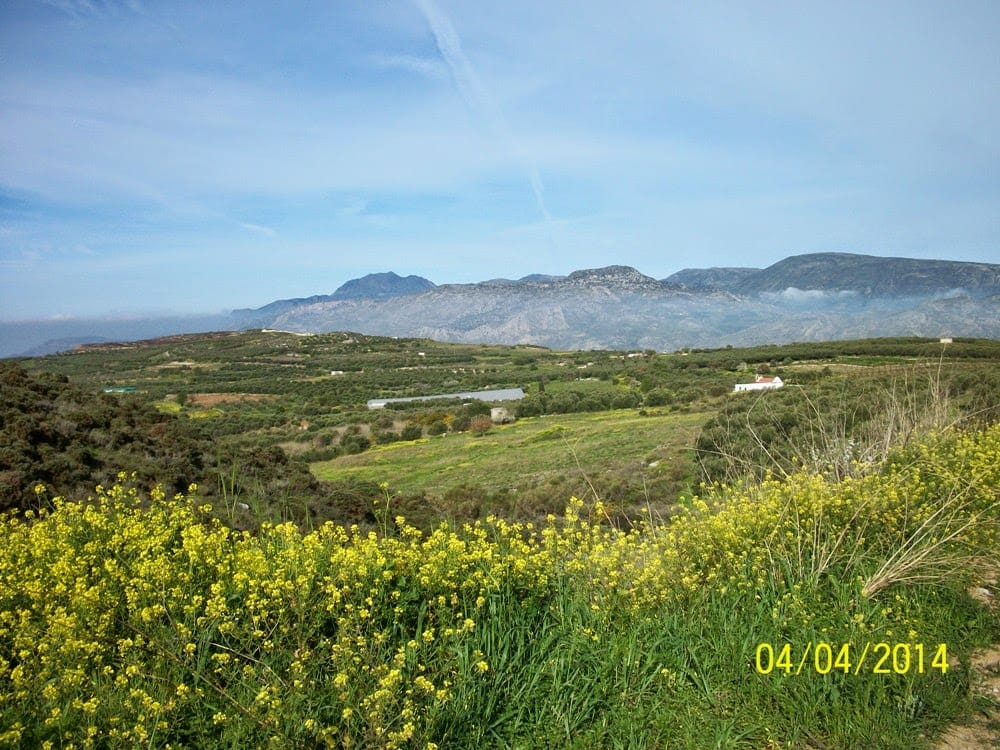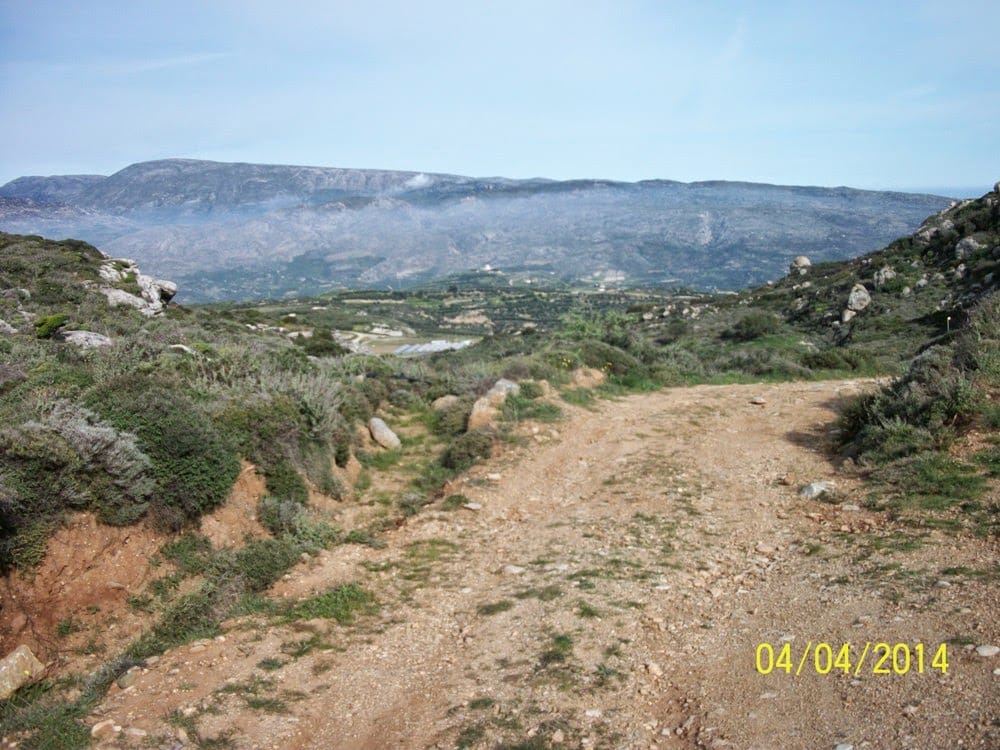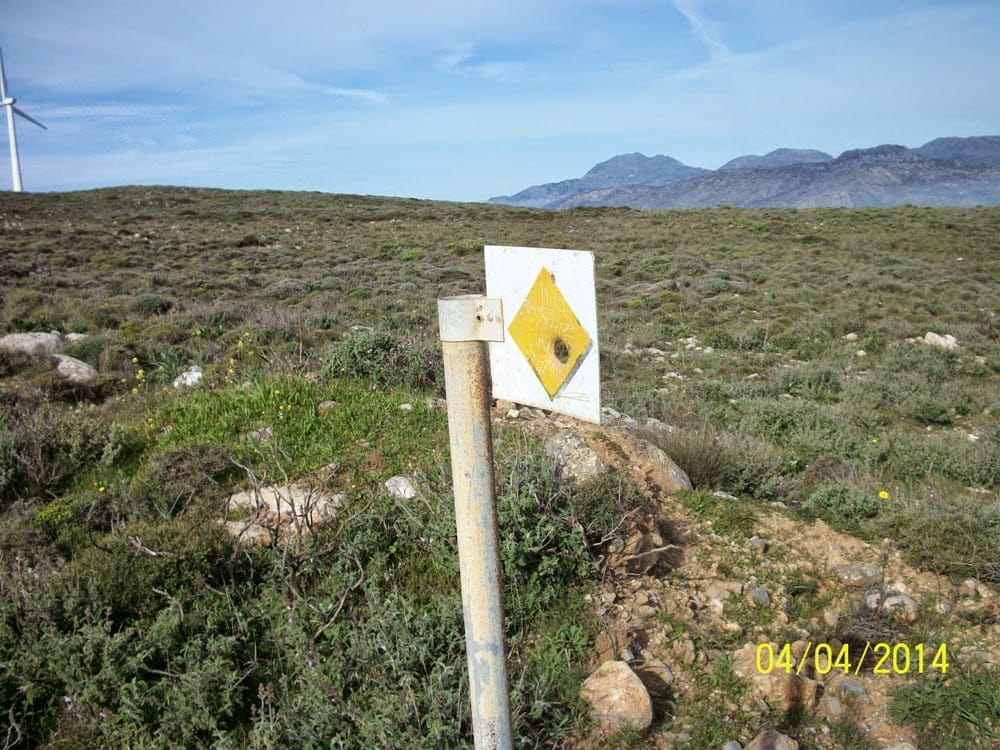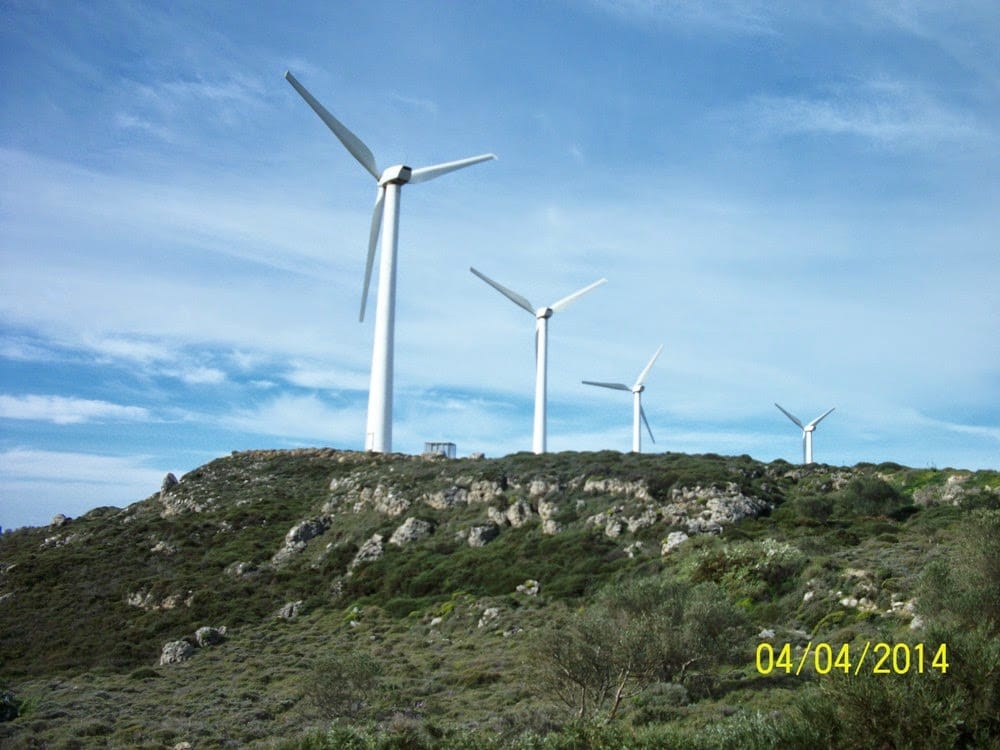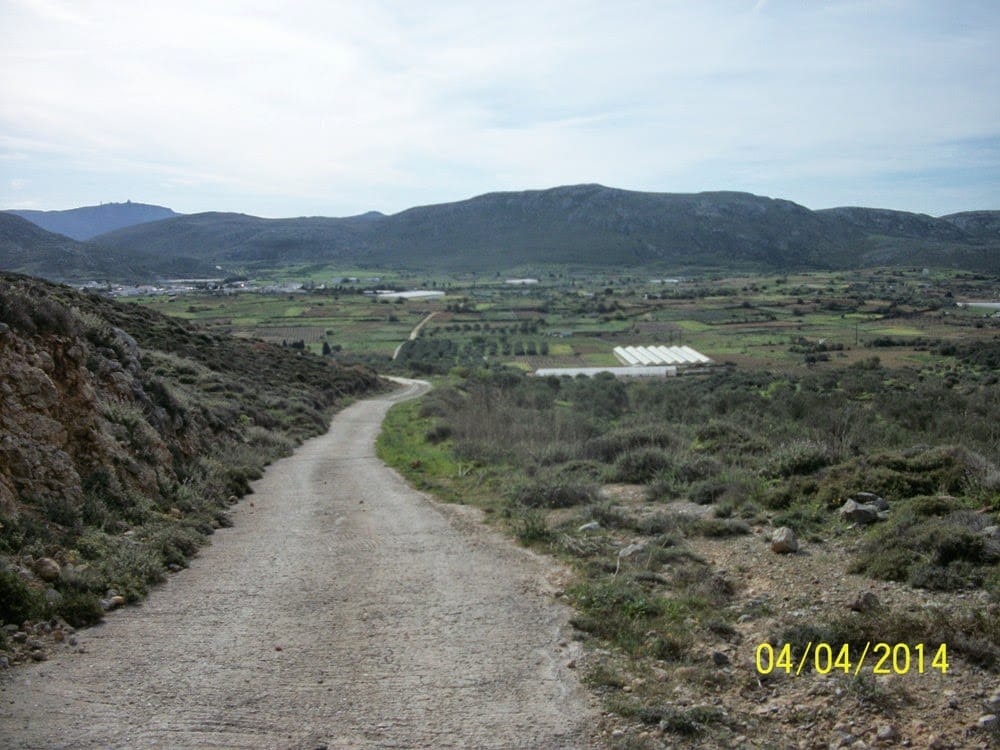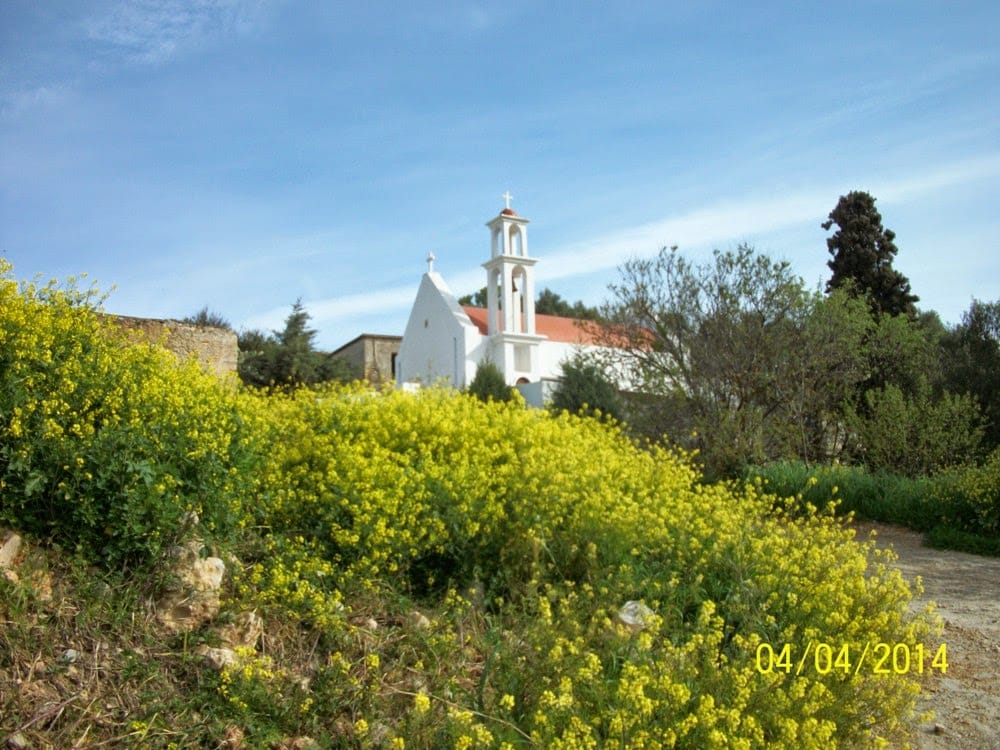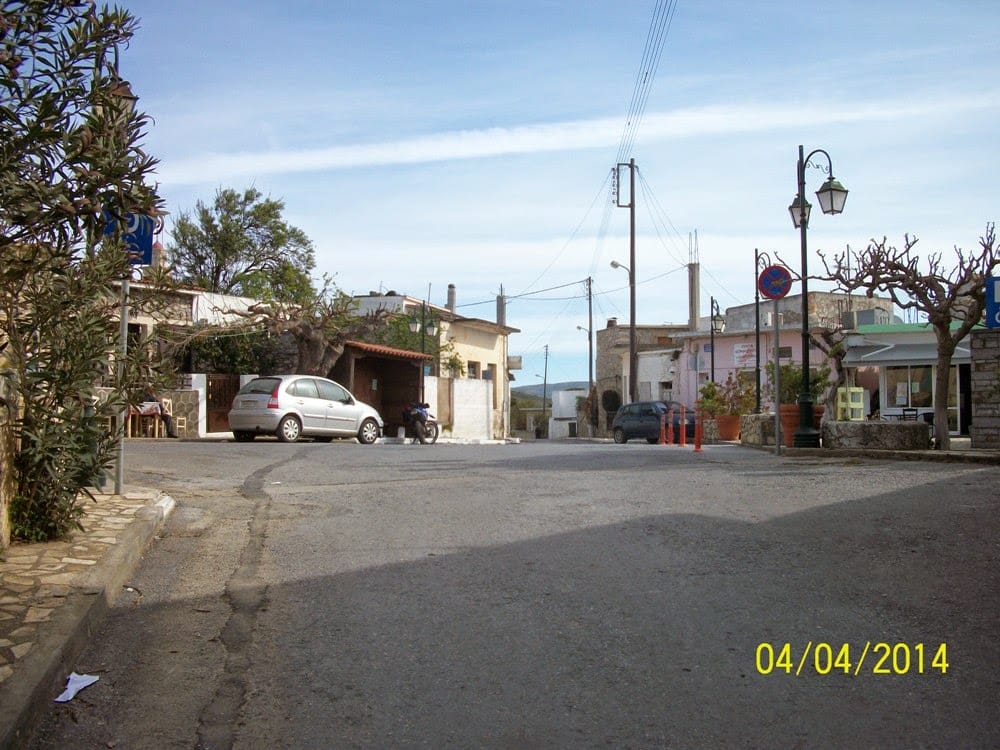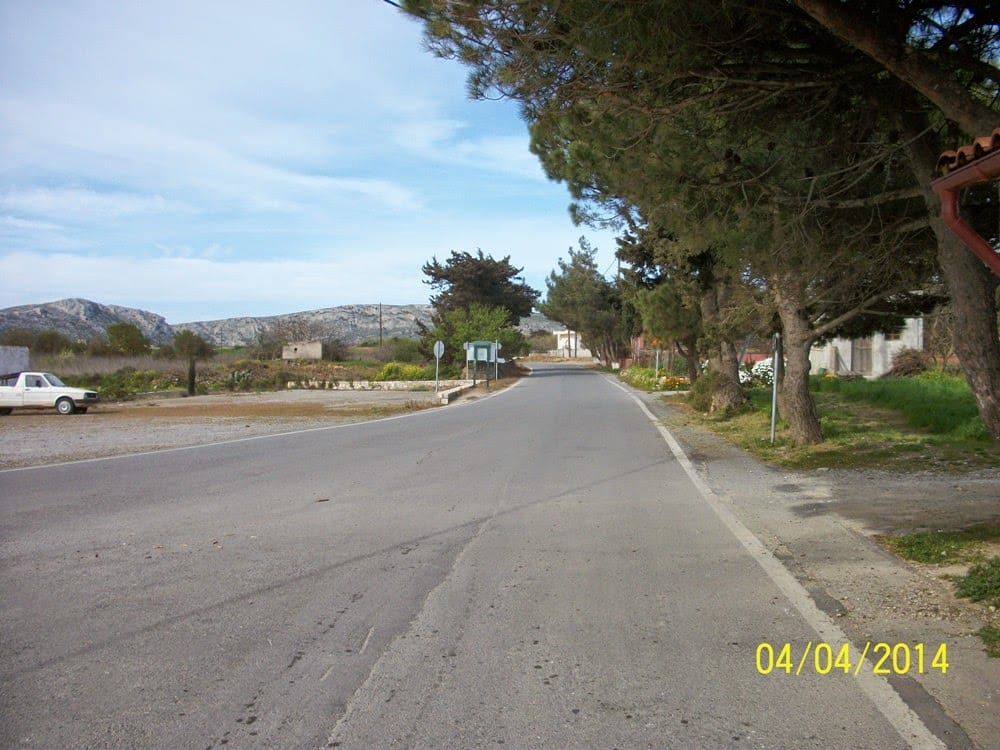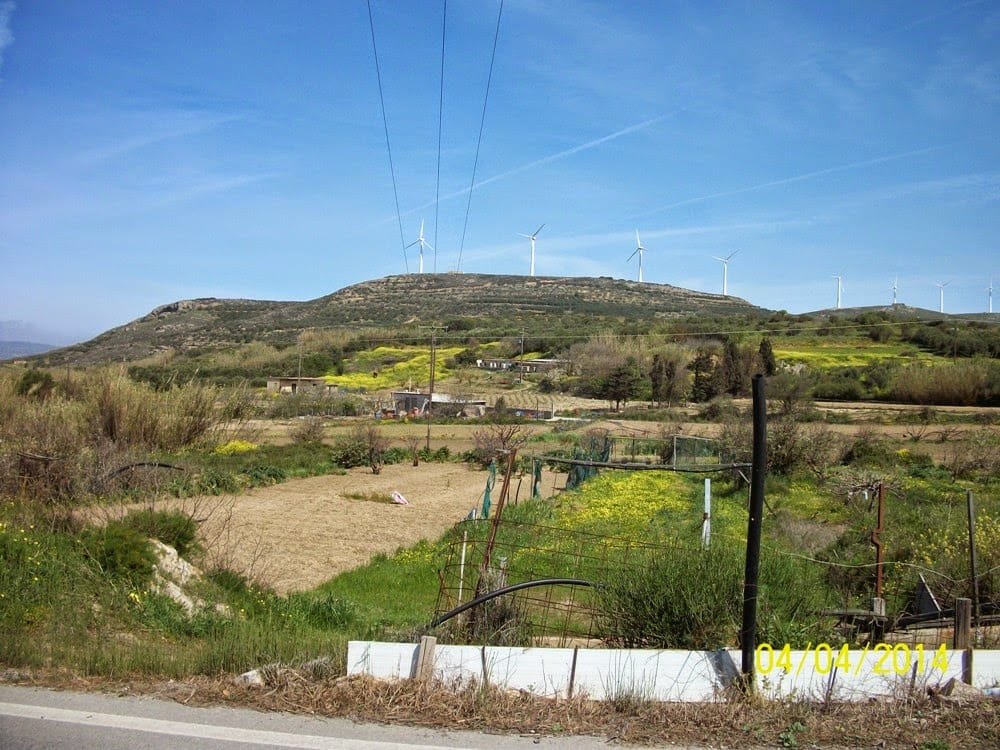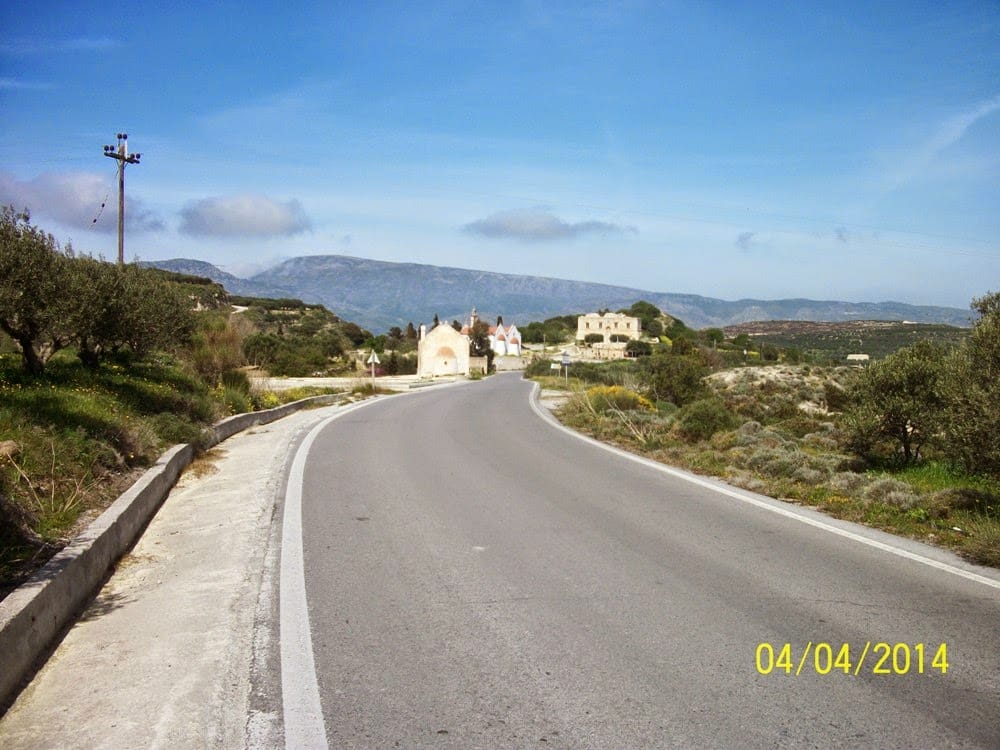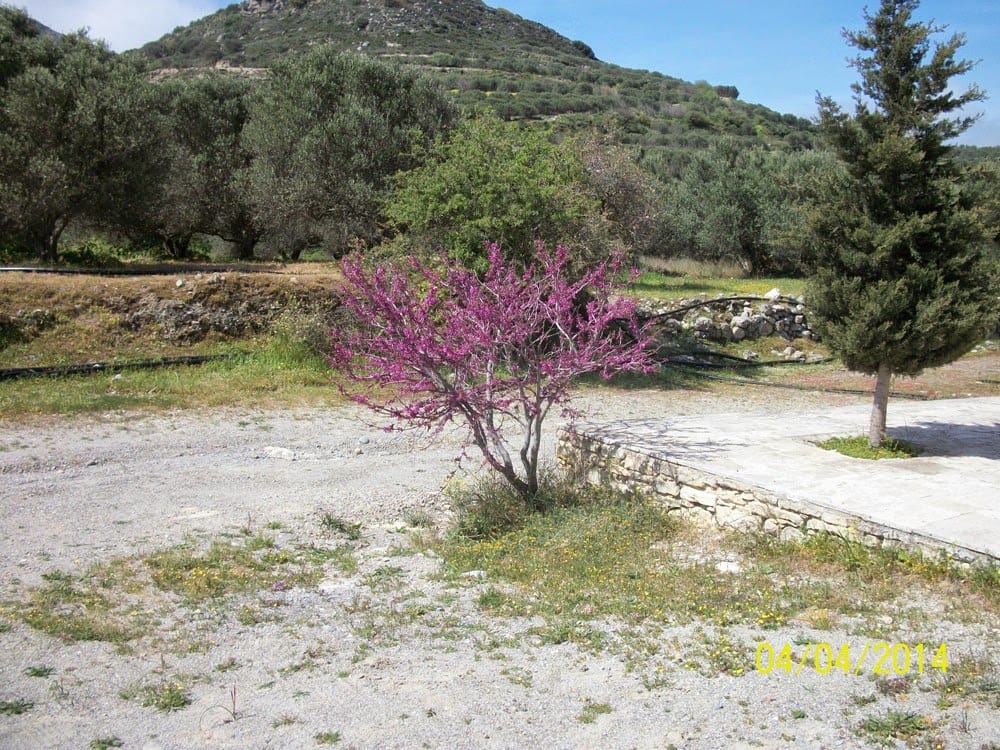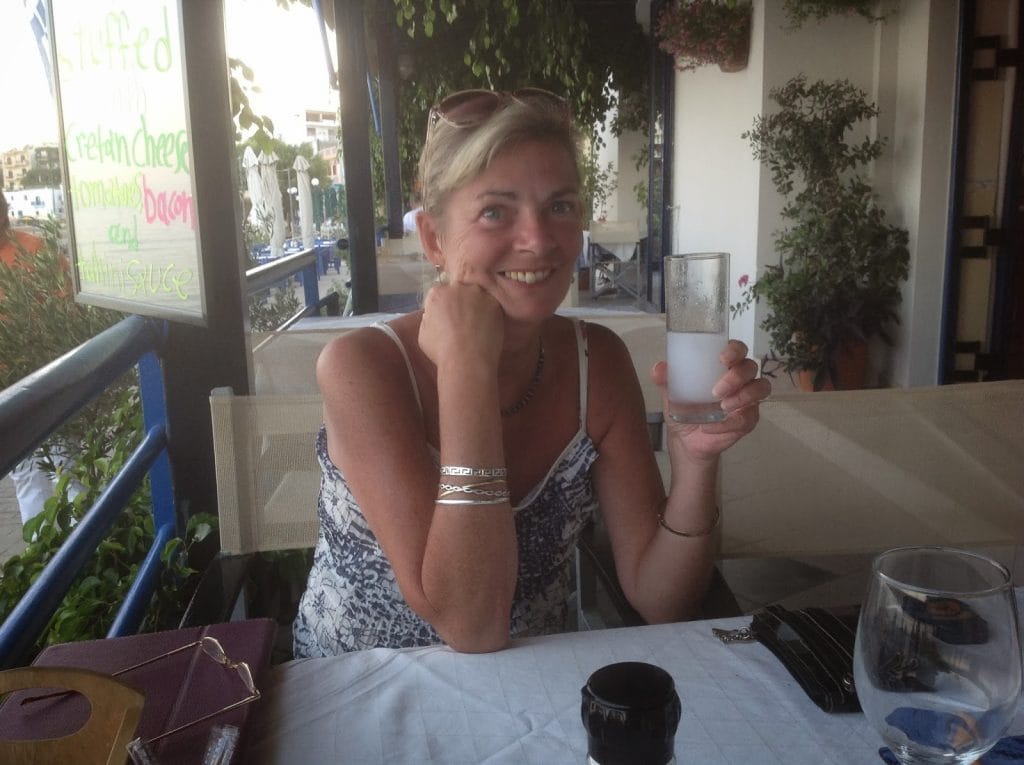Viscount Ridley (Con):
My Lords, I congratulate my noble friend Lord Astor, on securing this debate. It is an issue of much greater importance than the sparse attendance might imply and one that is growing in importance. I have no interest to declare in electronic cigarettes: I dislike smoking and have never done it. I have only once tried a puff on an e-cigarette, which did nothing for me. I am interested in this issue as a counterproductive application of the precautionary principle. I should say that I am indebted to Ian Gregory of Centaurus Communications for some of the facts and figures that I will cite shortly.
There are, at the moment, about 1 million people in this country using electronic cigarettes, and there has been an eightfold increase in the past year in the number of people using them to try to quit smoking. Already, 15% of ex-smokers have tried them, and they have overtaken nicotine patches and other approaches to become the top method of quitting in a very short time. The majority of those who use electronic cigarettes to try to quit smoking say that they are successful.
Here we have a technology that is clearly saving lives on a huge scale. If only 10% of the 1 million users in the country are successful in quitting, that would save £7 billion, according to the Department of Health figures given in answer to my Written Question last month, which suggest that the health benefits of each attempt to quit are £74,000. In that Answer, Minister said that,
“a policy of licensing e-cigarettes would have to create very few additional successful quit attempts for the benefits to justify its costs”.—[Official Report, 18/11/13; col. WA172.]
But who thinks that licensing will create extra quit attempts? By adding to the cost of e-cigarettes, by reducing advertising and by unglamorising them, it is far more likely that licensing will create fewer quit attempts. Will the Minister therefore confirm that, by the same token, a policy of licensing e-cigarettes would have to reduce quit attempts by a very small number for that policy to be a mistake?
Nicotine patches are also used to reduce smoking and they have been medicinally regulated, but there has been extraordinarily little innovation in them and low take-up over the years. Does the Minister agree with the report by Professor Peter Hajek in the Lancet earlier this year, which said that the 30-year failure of nicotine patches demonstrated how the expense and delays caused by medicinal regulation can stifle innovation? Does my noble friend also agree with analysts from Wells Fargo who this month said that if e-cigarette innovation is stifled: “this could dramatically slow down conversion from combustible cigarettes”?
We should try a thought experiment. Let us divide the country in two. In one half—let us call it east Germany for the sake of argument—we regulate e-cigarettes as medicines, ban their use in public places, restrict advertising, ban the sale of refillable versions, and ban the sale of e-cigarettes stronger than 20 milligrams per millilitre. In the other half, which we will call west Germany, we leave them as consumer products, properly regulated as such, allow them to be advertised as glamorous, allow them on trains and in pubs, allow the sale of refills, allow the sale of flavoured ones, and allow stronger products. In which of these two parts of the country would smoking fall fastest? It is blindingly obvious that the east would see higher prices—and prices are a serious deterrent to attempts to quit smoking because many of the people who smoke are poorer than the average. We would see less product innovation, slower growth of e-cigarette use and more people going back to real cigarettes because of their inability to get hold of the type, flavour and strength that they wanted. Therefore, more people would quit smoking in the western half of the country.
What are the drawbacks of such a policy? There is a risk of harm from electronic cigarettes, as we have heard. How big is that risk? The Minister confirmed to me in a Written Answer earlier this year that the best evidence suggests that they are 1,000 times less dangerous than cigarettes. The MHRA impact assessment says that the decision on whether to regulate e-cigarettes should be based on the harm that they do. Yet that very impact statement says that, “any risk is likely to be very small”,
that there is, “an absence of empirical evidence” and “no direct clinical evidence”, that “the picture is unclear”, and—my favourite quote—states: “Unfortunately, we have no evidence”, of harm.
There is said to be a risk of children taking up e-cigarettes and then turning to real cigarettes. Just think about that for a second. For every child who goes from cigarettes to electronic cigarettes, there would there have to be 1,000 going the other way, from e-cigarettes to cigarettes, for this to do any net harm. The evidence suggests, as my noble friend Lord Borwick has said, that the gateway is the other way. Some 20% of 15 year-olds smoke, and evidence from ASH and a study in Oklahoma suggests strongly that when young people use electronic cigarettes they do so to quit, just like adults do.
If we are to take a precautionary approach to the risks of nicotine, will the Minister consider regulating aubergines as medicines? They also contain nicotine. If you eat 10 grams of aubergine, which you easily could with a plateful of moussaka, you will absorb the same amount of nicotine as if you shared a room with a cigarette smoker for three hours. It is not an insignificant quantity. That is data from the New England Journal of Medicine in 1993. If we are worried about unknown and small risks, can the Minister explain to me why, as Professor Hajek, put it, more dangerous chemicals, such as bleach, rely on packaging and common sense rather than on medicinal licensing?
There has been approximately an 8% reduction in the use of tobacco in Europe in the past year. The tobacco companies are worried. A big part of that reduction seems to be because of the rapid take-up of electronic cigarettes. They are facing their Kodak moment—the moment when their whole technology is replaced by a rival technology that, in this case, is 1,000 times safer. Does my noble friend think that there may be a connection between the rise of electronic cigarettes, the rapid decline in tobacco sales and the enthusiasm of tobacco companies for the medicinal regulation of electronic cigarettes?
It is not just big tobacco; big pharma has shown significant interest in the regulation of electronic cigarettes. That is not surprising because they are, again, a rival to patch products and other nicotine replacement therapies. Perhaps more surprising is that much of the medical establishment is in favour of medicinal regulation. I never thought I would live to see the BMA and the tobacco industry on the same side of an argument.
The BMA says that electronic cigarettes cannot be considered a lower-risk option, but this completely flies in the face of the evidence. As we have heard already, electronic cigarettes are 1,000 times safer. The BMA says that it is worried about passive vaping, the renormalising of smoking and the use of electronic cigarettes as a gateway to smoking. The excellent charity Sense About Science, to which I am proud to be an adviser, has asked the BMA for evidence to support those assertions. I must say that there is a strong suspicion that the only reason the medical establishment wants to see these things regulated as medicines is because it cannot bear to see the commercial sector achieving more in a year in terms of getting people off cigarettes than the public sector has achieved in 10. Instead of talking about regulating this product, should we not be talking about encouraging it, promoting it and letting people vape indoors if they want to—in pubs, on trains and in football grounds—specifically so that they are tempted to vape instead of smoke? That would be of enormous benefit to them and to the country as a whole.
I end by asking specifically in relation to the agreement that, as we heard from my noble friend Lord Borwick, was agreed last night, what its impact will be on what is happening, and in particular on advertising. As I understand it, under the agreement reached yesterday, it will be possible for the advertising of these things to be banned as if they were cigarettes. What is the justification for that, given the proportionality and the evidence that they will actually save lives rather than harm them?

